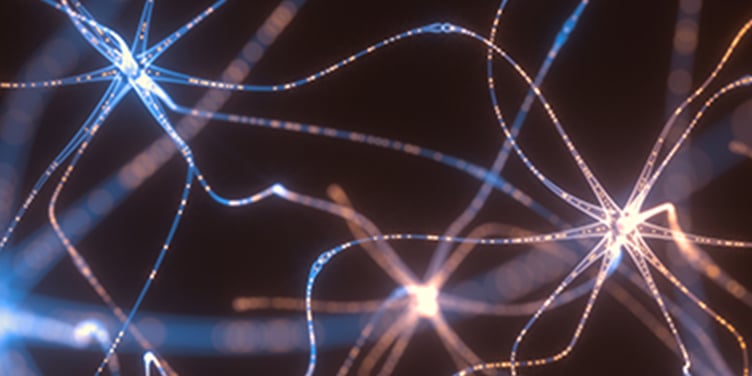Anemia

Overview
The word anemia is derived from the ancient Greek word anaimi, meaning "lack of blood." In medicine, anemia refers to a decreased number of circulating red blood cells. It is diagnosed with a test called a complete blood count, or CBC.
Anemia can result from many different disorders, so if you receive an anemia diagnosis, it is important to have a health care provider determine the exact cause. Some of the potential causes include, among others:
- Nutritional deficiencies
- Medications
- Heavy menstrual periods
- Pregnancy
- Bleeding from the gastrointestinal tract
- Problems with the bone marrow, where all blood cells, including red blood cells, are produced
- Problems specific to the red blood cells, including issues with hemoglobin (for example, sickle cell disease and thalassemia), with the red blood cell membrane (for example, hereditary spherocytosis) or with enzymes in the cell (for example, pyruvate kinase or glucose-6-phosphate dehydrogenase (G6PD) deficiency)
- Disease of specific organs, such as the kidney or the liver
Our approach to anemia
To treat anemia, we must identify and address the underlying cause. UCSF's hematologists are experts in diagnosing the causes of anemia and providing proper treatment. Your hematologist will work closely with your primary care doctor to establish a diagnosis and treatment plan.
Signs & symptoms
Red blood cells carry oxygen from the lungs to other tissues. Therefore, anemia symptoms usually relate to the tissues not receiving enough oxygen.
Mild anemia may cause minimal to no symptoms. With progressively worsening anemia, or anemia with sudden onset, people often experience fatigue or shortness of breath. Anemia can also cause pale skin, and if severe enough, a rapid heart rate. Some types of anemia can make the skin and the white part of the eyes turn yellow.
Diagnosis
Anemia is diagnosed with a test called a complete blood count, or CBC. Specifically, doctors look at the hemoglobin or hematocrit results from the CBC to diagnose anemia and to follow the patient's response to treatment.
Your doctor will also measure the size of the red blood cells and examine them under a microscope to look for clues about the underlying cause of your anemia. With that information in hand, your doctor will order additional blood tests to determine the cause. In addition, your family and medical history can be very helpful in making the proper diagnosis.
Treatments
Treatment for anemia is individualized for every patient, depending on the underlying cause of the anemia. For example, anemia due to a nutrient deficiency is usually treated with nutritional supplements or dietary changes. For patients with certain kidney disorders, the hormone erythropoietin can be provided to increase the number of red blood cells. If anemia is due to autoimmune disorders, patients may need medicine to suppress their immune system. If a medication is the cause, the patient may need to receive a different dose or type of medication. There are many other causes of anemia, each with its own treatment plan.
Of course, if anemia needs to be treated quickly in life-threatening situations, red blood cells can be given by blood transfusion.
UCSF Health medical specialists have reviewed this information. It is for educational purposes only and is not intended to replace the advice of your doctor or other health care provider. We encourage you to discuss any questions or concerns you may have with your provider.










